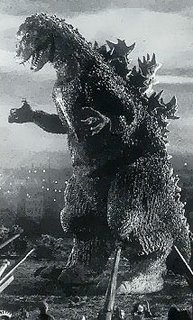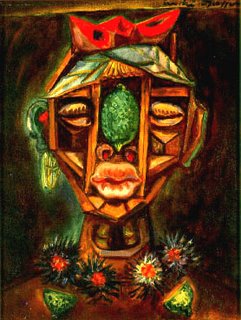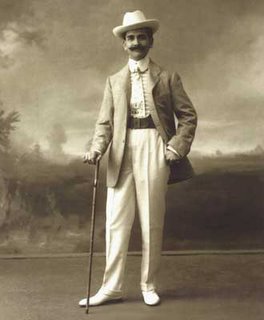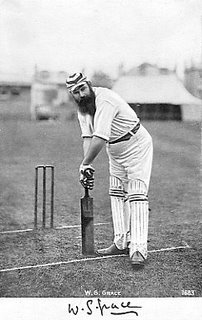
Beckett fact no. 42.
'That was the source of
Waiting for Godot, you know', Beckett told Ruby Cohn in Berlin of Caspar David Friedrich's
Man and Woman Observing the Moon. Yes I know it's a man and a woman rather than two men, but there's also an earlier, more twilighty version of the painting called
Two Men Contemplating the Moon. Except that one's in New York.
'Pale for weariness', Estragon says of the moon, remembering Shelley.
The Unnamable mentions 'murmuring Shelley' 'under the elms'.
'How difficult it is to speak of the moon and not lose one's head, the witless moon. It must be her arse she shows us always', Molloy thinks to himself during his stay at Sophie Lousse's.
And finally, he may have thought the world was mud (cf. the epigraph to
Proust), but Leopardi didn't mind the moon so much. Here's A.S. Kline's translation of
A la luna:
O lovely moon, now I’m remindedhow almost a year since, full of anguish,
I climbed this hill to gaze at you again,
and you hung there, over that wood, as now,
clarifying all things. Filled with mistiness,
trembling, that’s how your face seemed to me,
with all those tears that welled in my eyes, so
troubled was my life, and is, and does not change,
O moon, my delight. And yet it does help me,
to record my sadness and tell it, year by year.
Oh how sweetly it hurts, when we are young,
when hope has such a long journey to run,
and memory is so short,
this remembrance of things past, even if it
is sad, and the pain lasts!

















































